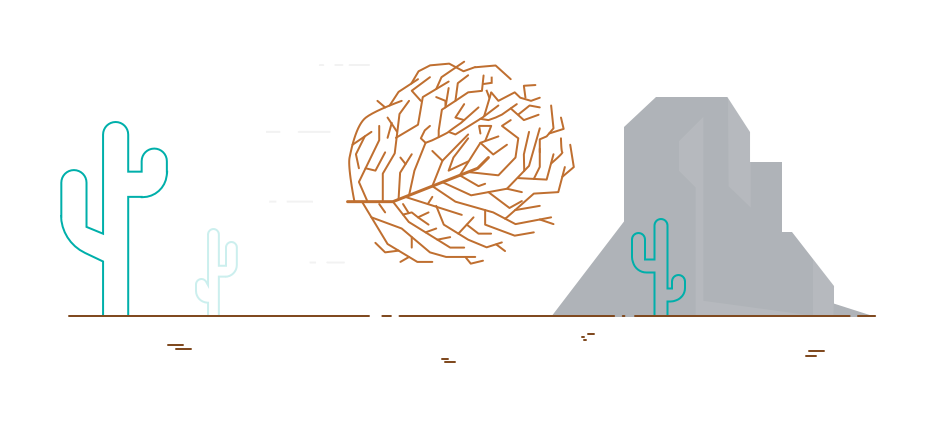alugha goes podcasts
Thanks to alugha, it is now possible to listen to podcasts, to enregister them as well as to trancribe and to multilingualise them
To mark the French-German Day, we share a few thoughts and show why our copywriter benefits so much from l'amitié franco-allemande.

Read this article in: Deutsch, English, Français
Estimated reading time:2minutesWe all stereotype and judge sometimes faster than we would like. French peopleand their baguette, Germans and their potatoes and, of course, the German shepherd dog. Les préjugés, les préjugés. Which ones do you know? There are still many clichés on the part of the Germans and the French about one another. Basically, however, the two countries have been linked by a deep friendship for years, which, however, was not always a matter of course.
Without going into historical events for too long, it can nevertheless be stated that Germany and France were enemies for a long time. There is hegemony, power in general and territories that both countries wanted to annex. The sad climax was probably the Second World War.
But it is all the more beautiful now that the German Chancellor Konrad Adenauer and the French President Charles de Gaulle signed the Elysée Treaty on 22 January 1963. This was intended to ensure cooperation between the two countries on all important issues of foreign, security, youth and cultural policy.
Since that day, the two neighbouring countries have moved closer together. A common foreign policy still does not exist today.
Franco-German Day was created in 2003 to mark the 40th anniversary of the signing of the Elysée Treaty. On 22 January 2019, Chancellor Angela Merkel and President Emmanuel Macron signed the Treaty of Aachen to further develop French-German relations. The French-German friendship is a basis and an example for a united Europe.
The Franco-German friendship is particularly important in the field of education.
For example, it is possible to learn the respective partner language at numerous schools. There are also exchange programmes within and outside schools, as well as Franco-German theatre and music projects. There are also Franco-German nursery schools and schools whose qualifications make it easy to continue education in the partner country. In addition, there are Franco-German universities and summer schools or Franco-German degree programmes at universities.
I have always liked the French language. In this respect, the French-German Youth Office offered me quite a few exchange opportunities to polish up my language skills. Finally, I had the chance to attend a French-German grammar school with a boarding school to live in. Here, the German-French language barriers almost completely melted away. The languages were sometimes wildly mixed, and yet (or perhaps precisely because of that) we all understood each other. Vive le Stimmengewirr franco-allemand.
At university, I also had the opportunity to deepen my knowledge in a very special way through a French-German summer school. For example, I learned something about minorities in France. In this area, too, both countries can certainly learn from each other.
Both are Indo-European languages
There are minorities in both countries
Both languages have operas and a distinct song culture
Both languages influence each other.
What other linguistic and cultural similarities can you think of between Germany and France? Which clichés have you been confronted with?
#alugha
#everyoneslanguage
#multilingual
Sources:
https://de.wikipedia.org/wiki/Deutsch-Franz%C3%B6sischer_Tag (21.01.2022, 13:57)
https://de.wikipedia.org/wiki/%C3%89lys%C3%A9e-Vertrag (21.01.2022, 13:58)
https://www.lpb-bw.de/elysee-vertrag (21.01.2022, 13:59)
https://www.buergerfonds.eu/deutsch-franzoesischer-tag-2022 (21.01.2022.13:57)
https://de.wikipedia.org/wiki/Vertrag_von_Aachen (21.01.2022, 14:05)

Thanks to alugha, it is now possible to listen to podcasts, to enregister them as well as to trancribe and to multilingualise them
Podcasts enjoy great popularity. However, you still don't find transcripts for them that often. But why do you actually need a podcast transcript? And how do I create one?
The year 2023 has started and the alugha team wishes you a happy, healthy and successful new year. We also have a tip for you: start your year multilingually!